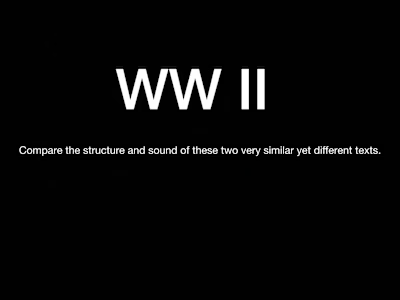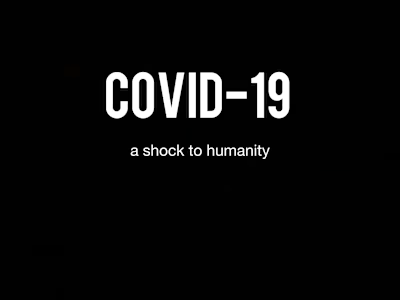Discovery of America
Like this project
Posted Feb 24, 2024
I researched the importance of the discovery of America and put into my words what had happened.
Likes
0
Views
4
Christopher Columbus’s discovery of America is a significant
event in world history, sparking exploration, colonization, and the exchange of
goods between very different lands, ideas, and cultures between the Old World
and the New World. Columbus’s voyages, sponsored by the Spanish monarchy, aimed
to find a new sea route to Asia by sailing westward. However, on October 12,
1492, Columbus and his crew made landfall in what is now the Bahamas, marking
the first recorded European contact with the Americas since the Norse
expeditions of the 11th century.
Historical accounts of Columbus’s voyages are primarily
based on his own writings, including his journal entries and letters to his
patrons, Ferdinand and Isabella of Spain. These documents provide insights into
Columbus’s motivations, observations, and encounters with the indigenous
peoples of the Americas. However, they also reflect the biases and Eurocentric
perspectives prevalent during the Age of Exploration.
In recent years, archaeological discoveries and
interdisciplinary research have shed new light on Columbus’s voyages and their
impact on both European and indigenous societies. Excavations of colonial-era settlements,
such as La Isabela in the Dominican Republic, have revealed the material
culture, architecture, and daily lives of the early Spanish colonists.
Additionally, genetic studies of modern populations have provided insights into
the demographic consequences of European contact, including the exchange of
diseases, plants, and animals between the Old World and the New World.
Contemporary scholarship also critically examines the legacy
of Columbus’s arrival in the Americas, considering its profound and often
tragic implications for indigenous peoples, including displacement,
enslavement, and cultural assimilation. Debates surrounding Columbus Day,
commemorated in some countries as a national holiday, reflect broader
discussions about colonialism, imperialism, and the complexities of historical
memory.
In conclusion, while Christopher Columbus’s discovery of
America represents a milestone in the history of exploration, it is also a
complex and contested subject that continues to be revaluated through ongoing
research and dialogue among historians, archaeologists, and indigenous
communities.



